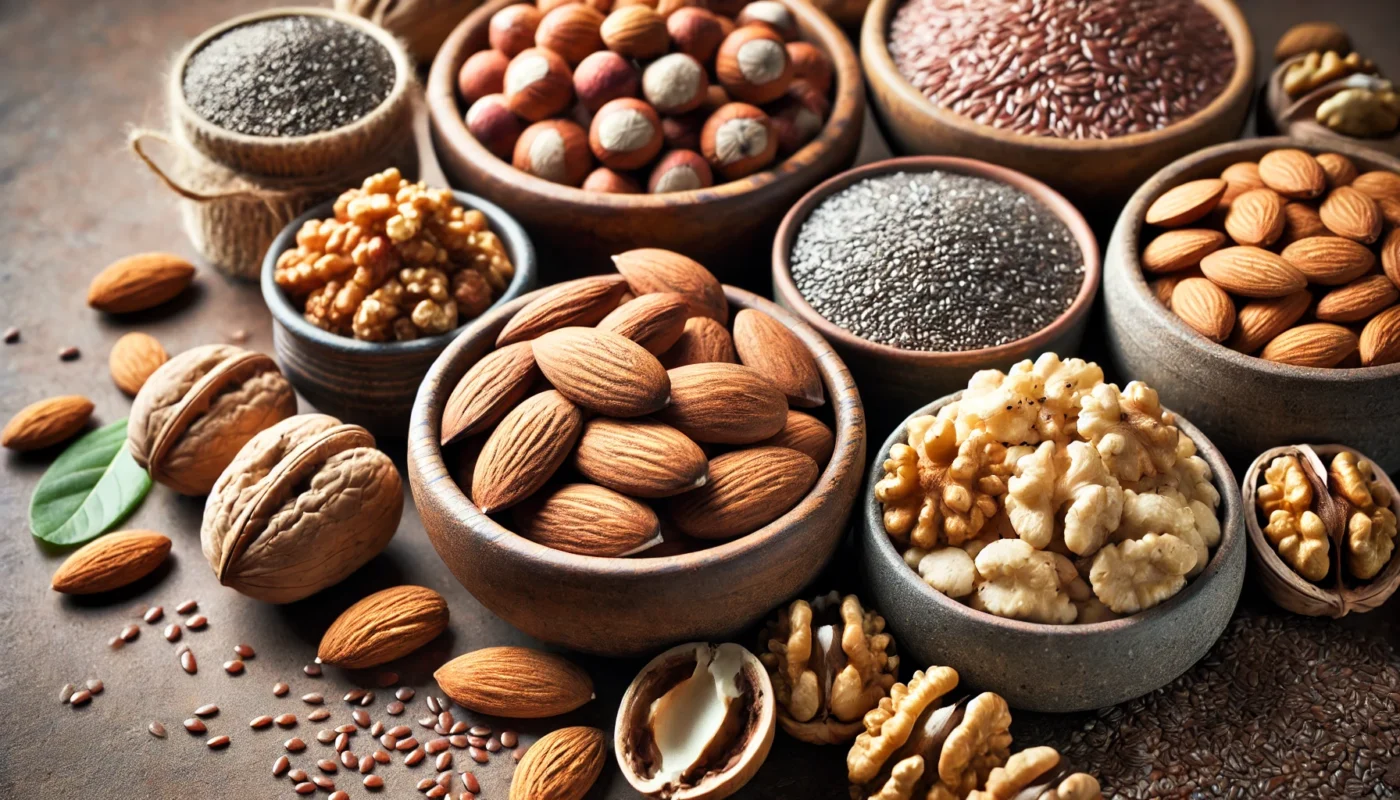Before we delve into dietary strategies, it’s essential to understand what back arthritis entails. This condition often results from the wear and tear of the cartilage cushioning the spine’s joints, leading to pain, stiffness, and reduced mobility. Osteoarthritis is the most common form affecting the spine, but rheumatoid arthritis and ankylosing spondylitis can also impact the back.
Tag Archives: Mediterranean Diet
The Mediterranean diet is inspired by the traditional eating patterns of countries bordering the Mediterranean Sea, such as Greece, Italy, and Spain. It emphasizes whole, minimally processed foods, including plenty of fruits, vegetables, whole grains, nuts, seeds, and healthy fats—particularly olive oil. Moderate consumption of fish and seafood, dairy, poultry, and red wine is also encouraged, while red meat and sugar-laden foods are limited.
Inflammation is the body’s natural response to injury or infection. While acute inflammation is beneficial for healing, chronic inflammation can lead to various health issues, including heart disease, diabetes, and autoimmune conditions. For some, gluten—a protein found in wheat, barley, and rye—can trigger inflammatory responses, particularly in individuals with celiac disease or non-celiac gluten sensitivity.
Inflammation is a natural and essential part of the body’s healing process. However, chronic inflammation can lead to various health issues, including heart disease, arthritis, and certain cancers. Fortunately, incorporating anti-inflammatory foods into your diet can help mitigate these risks and promote overall well-being. This article will delve into a selection of flavorful anti-inflammatory foods and provide practical meal ideas to incorporate them into your daily routine.
Osteoarthritis occurs when the protective cartilage that cushions the ends of your bones wears down over time. The condition can affect any joint but commonly impacts the knees, hips, hands, and spine. While age, genetics, and joint injury are significant risk factors, diet also plays a crucial role in managing osteoarthritis.
Rheumatoid arthritis (RA) is a chronic autoimmune condition. It’s characterized by inflammation in the joints, leading to pain and stiffness.
But did you know that your diet can play a significant role in managing RA symptoms?
Indeed, certain foods can help reduce inflammation, while others may exacerbate it. This makes meal planning a crucial part of managing RA.
In this guide, we’ll delve into the science behind the rheumatoid arthritis diet. We’ll explore foods that can help manage RA symptoms and those best avoided.
We’ll also provide practical strategies for meal planning. This includes a sample 7-day arthritis diet plan and tips on personalizing your meal plan.
Moreover, we’ll discuss the benefits of the Mediterranean diet for RA. We’ll also touch on the role of supplements and the importance of exercise in conjunction with diet.
By the end of this guide, you’ll have a comprehensive understanding of how to optimize your diet for RA management. Let’s embark on this journey towards improved well-being.
When it comes to healing broken bones, nutrition plays a pivotal role. The foods we consume can either aid or hinder the recovery process.
Understanding the science behind this can be complex. Yet, it’s crucial for anyone seeking to optimize their healing journey.
This article aims to demystify the relationship between diet and bone healing. We’ll delve into the types of foods that can potentially delay the process.
We’ll also provide practical dietary advice. This will be beneficial for fitness enthusiasts, health enthusiasts, and medical patients alike.
By translating complex scientific research into actionable information, we hope to empower you. You’ll gain the knowledge needed to make informed dietary choices during your recovery.
Inflammation is a common health concern. It’s a natural response to injury or illness, but when it becomes chronic, it can lead to serious health issues.
Steroids, like prednisone, are often prescribed to manage inflammation. They’re effective, but they come with potential side effects, especially with long-term use.
This raises a question. Is there an alternative to steroids for inflammation?
The answer is yes. There are numerous natural and over-the-counter options that can serve as substitutes for steroids. These alternatives can offer anti-inflammatory benefits without the risks associated with steroids.
In this comprehensive guide, we’ll explore these alternatives in detail. We’ll delve into the science behind them and provide practical advice on how to incorporate them into your health regimen.
Whether you’re a fitness enthusiast, a health enthusiast, or a medical patient, this guide is for you. It’s designed to help you understand the scientific research behind alternative health practices and how to apply them effectively to your personal health goals.
So, let’s embark on this journey of exploring non-steroidal anti-inflammatory options. It’s time to take control of your health and wellbeing.
In the quest for optimal health, we often turn to nature’s bounty. One such gift is the humble cherry, a fruit celebrated not just for its sweet taste, but also for its potential health benefits.
But are cherries good for inflammation?
This question has piqued the interest of scientists and health enthusiasts alike. Recent research suggests that cherries, particularly tart cherries, may indeed have potent anti-inflammatory properties.
These properties could make cherries a valuable addition to a holistic health regimen. Whether you’re a fitness enthusiast seeking to optimize recovery, a health enthusiast aiming to understand the science behind popular health foods, or a medical patient looking for natural ways to manage inflammation, cherries might be worth considering.
In this article, we’ll delve into the science behind cherries and inflammation. We’ll explore the compounds in cherries that contribute to their anti-inflammatory effects, and how these effects could potentially benefit various aspects of health and wellbeing.
We’ll also provide practical advice on how to incorporate cherries into your diet, and what to consider when doing so.
So, let’s embark on this journey of discovery, and unravel the science behind cherries and inflammation.
Inflammation is a natural response of our bodies. It’s a defense mechanism against injury, infection, or disease.
However, when inflammation becomes chronic, it can lead to serious health issues. These include heart disease, diabetes, and arthritis, among others.
One way to combat chronic inflammation is through diet. Certain foods have been found to have anti-inflammatory properties.
Spinach is one such food. It’s packed with nutrients that can help reduce inflammation in the body.
But is spinach anti-inflammatory? How does it compare to other foods? And how can you incorporate it into your diet for better inflammatory health?
These are some of the questions we’ll explore in this article. We’ll delve into the science behind spinach’s anti-inflammatory properties and provide practical tips for including it in your diet.
Whether you’re a fitness enthusiast, a health enthusiast, or a medical patient, this article aims to provide you with valuable insights. It’s designed to help you understand and manage inflammation through diet, with a focus on the role of spinach.
So, let’s embark on this journey to better inflammatory health, with spinach as our guide.
- 1
- 2










